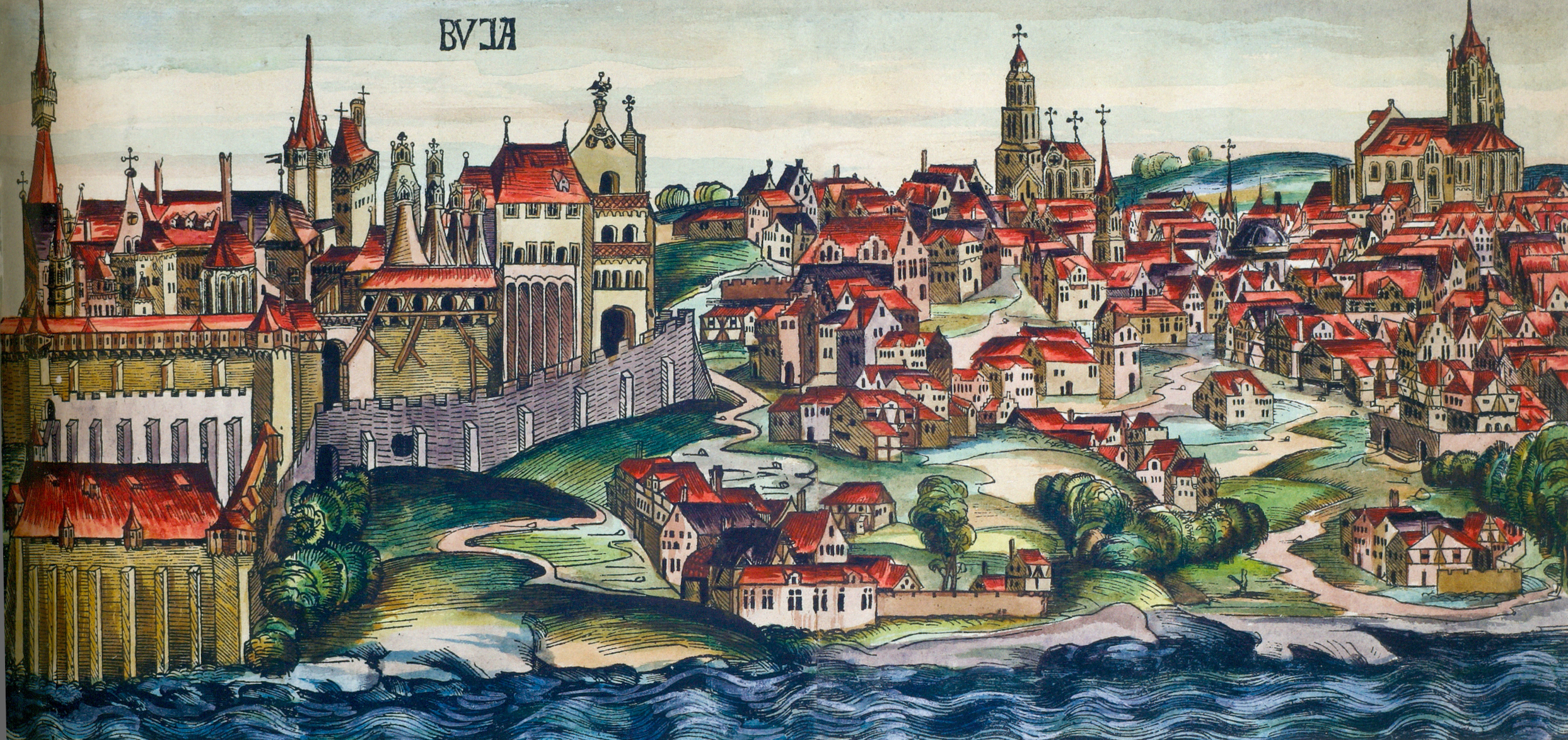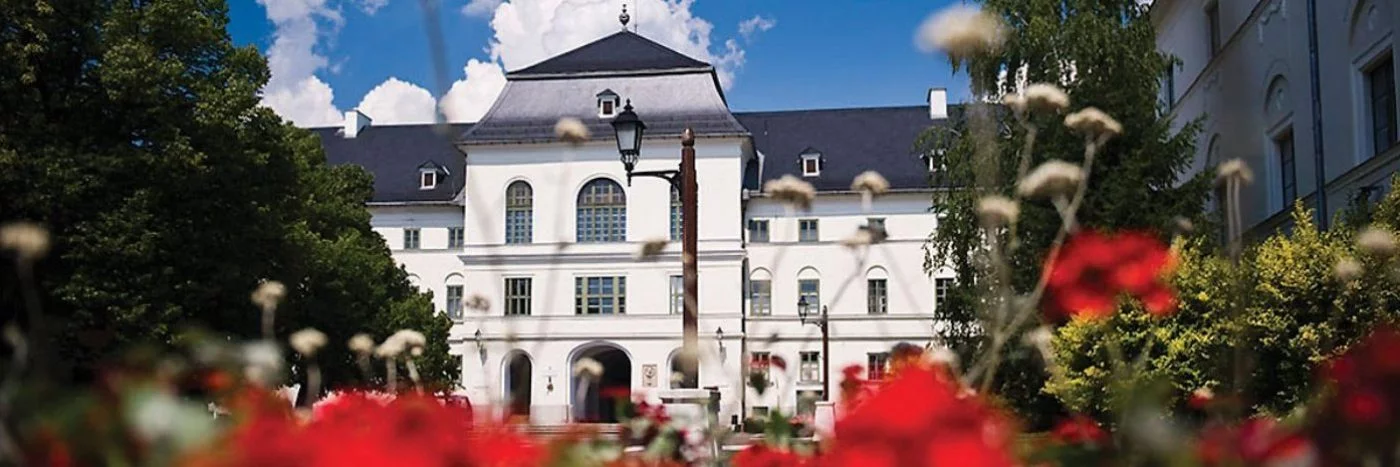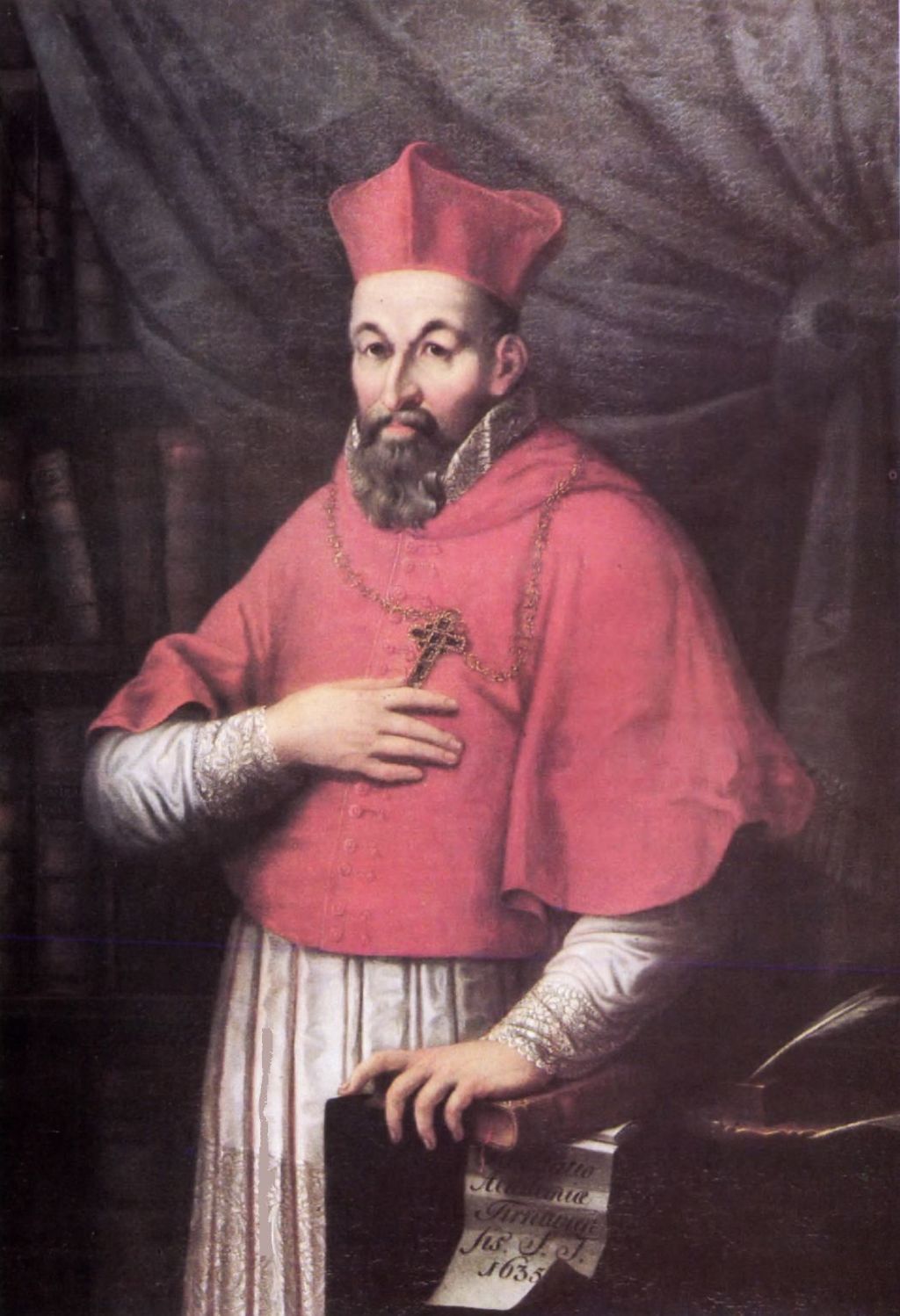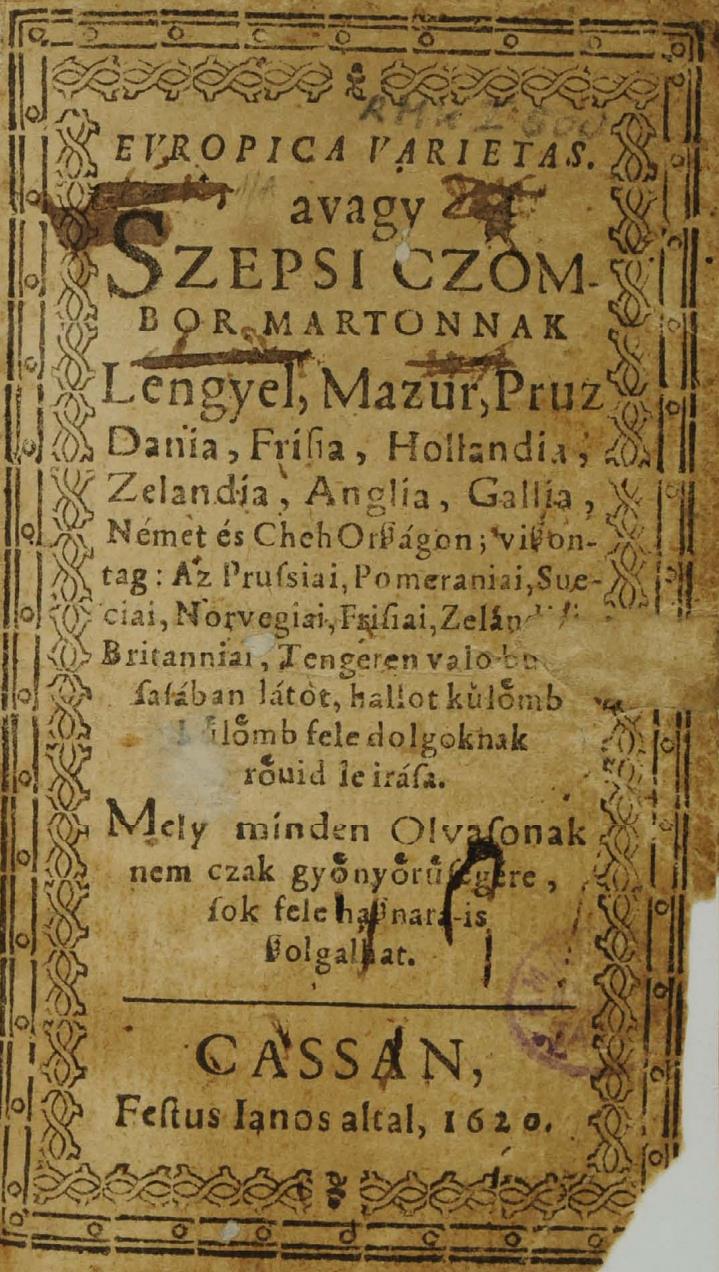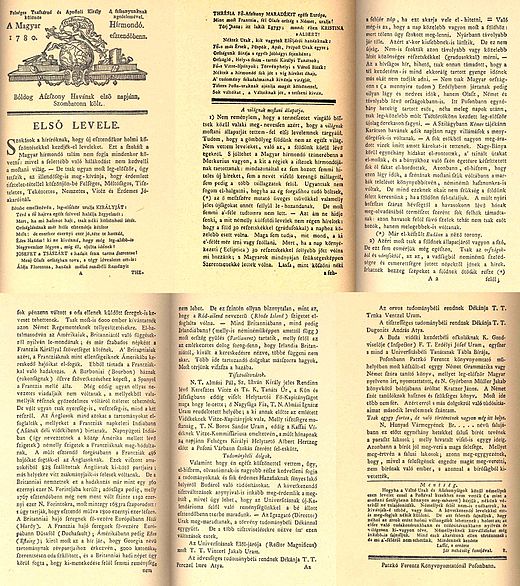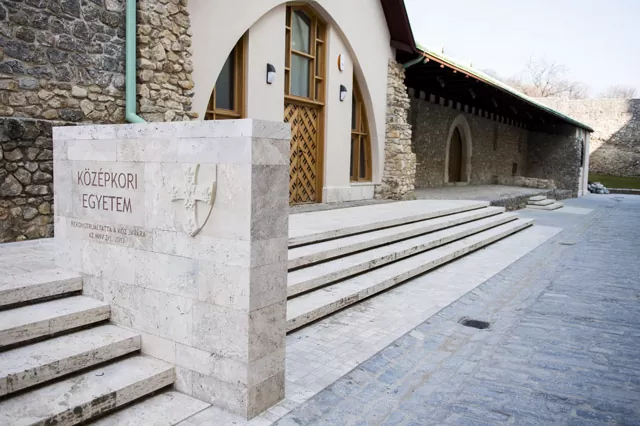
First university of Hungary (Universities and sciences) – Pécs
Hungarian figure of the „Transfer of the culture” topic
Pécs, a city in southern Hungary, is home to the country’s first university, established in 1367 by King Louis I of Hungary, also known as Louis the Great. The founding of the University of Pécs marked a pivotal moment in the history of education in Hungary and Central Europe, reflecting the broader medieval European movement toward the establishment of institutions dedicated to higher learning. The decision to found a university in Pécs was not only an effort to align Hungary with the intellectual and cultural advancements of the time but also a step towards strengthening the country’s role within the Christian world.
The university was originally established as a center for theological and legal studies, disciplines that were crucial for the functioning of both the church and the state. The establishment of the university underlined Hungary’s close connections to the intellectual currents flowing through Europe, particularly from Italy and France, where universities such as Bologna and the Sorbonne had already been operating as prominent centers of scholarship. Pécs was envisioned as a similar institution, fostering intellectual growth and producing educated clergy and administrators who could serve both the monarchy and the church.
However, the university’s development faced numerous challenges, including the upheavals brought about by the Ottoman conquest of Hungary in the 16th century, which led to the institution’s decline. Nevertheless, the legacy of the University of Pécs endured, with the city later becoming a center of academic revival in the 20th century when the modern University of Pécs was reestablished in 1912.
Throughout the centuries, Pécs remained a cornerstone of Hungarian intellectual life. However, its development faced challenges, including the Ottoman occupation, which led to the decline of the medieval university. It was not until 1912 that a new era began with the establishment of the Magyar Királyi Erzsébet Tudományegyetem (Royal Hungarian Elisabeth University) in Pozsony (now Bratislava). Following political changes after World War I, the university was relocated to Pécs in 1923, where it became the Pécsi Tudományegyetem (University of Pécs), continuing the legacy of higher education in the region. The university attracted renowned scholars, including Szent-Györgyi Albert, Nobel laureate in Physiology or Medicine, and Heim Pál, a famous Hungarian pediatrician.
The intellectual legacy of Pécs is deeply intertwined with Hungary’s wider educational history. In the late 15th century, Academia Istropolitana, the first university in Pozsony, was founded by King Matthias Corvinus and Archbishop János Vitéz. Although it ceased to exist after Matthias’ death, its influence lingered in the region’s academic tradition, which continued through institutions like the University of Pécs.
In the broader context of Central Europe, the founding of the University of Pécs is part of a rich tradition of educational innovation that includes other notable institutions such as the University of Nagyszombat (Trnava), established by Péter Pázmány in the early 17th century, and the Reformed Church’s schools in Sárospatak, which played a significant role in the intellectual development of Hungary. These universities and schools were integral in fostering both religious and secular knowledge, influencing the political and cultural landscape of Hungary and its neighboring regions.
The creation of such institutions was part of the broader European trend of knowledge transfer, exemplified by the Magyar Hírmondó, Hungary’s first newspaper, founded in Bratislava (then known as Pozsony) in the late 18th century. These developments reflected Hungary’s desire to engage with the wider European intellectual world, ensuring that Hungarian scholars and ideas were part of the continent’s academic and scientific networks.
The establishment of the Hungarian Academy of Sciences in 1825 further emphasized the nation’s commitment to advancing knowledge. Pécs, with its historical legacy as the site of Hungary’s first university, represents the starting point of this centuries-long pursuit of intellectual achievement and scientific progress in Hungary, setting the stage for future educational advancements that shaped the region’s cultural and academic identity.
Facts


